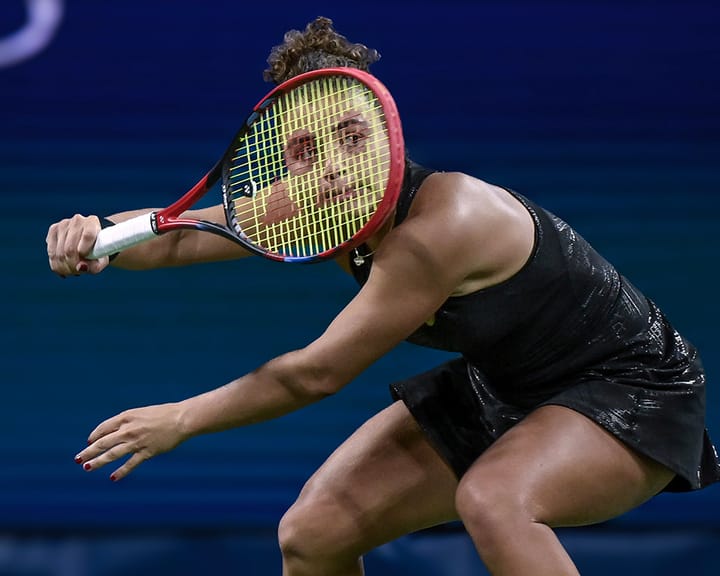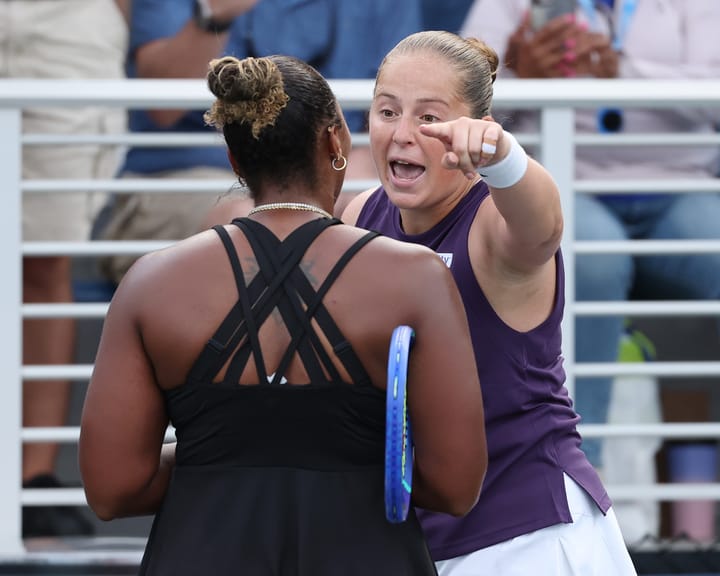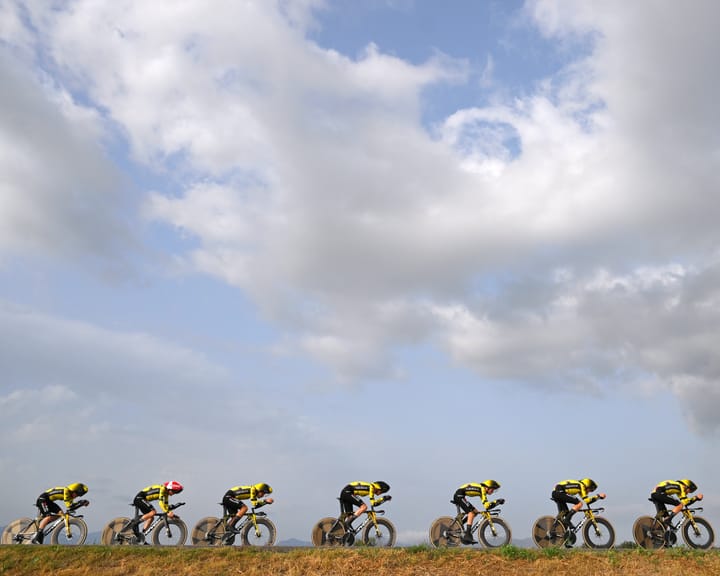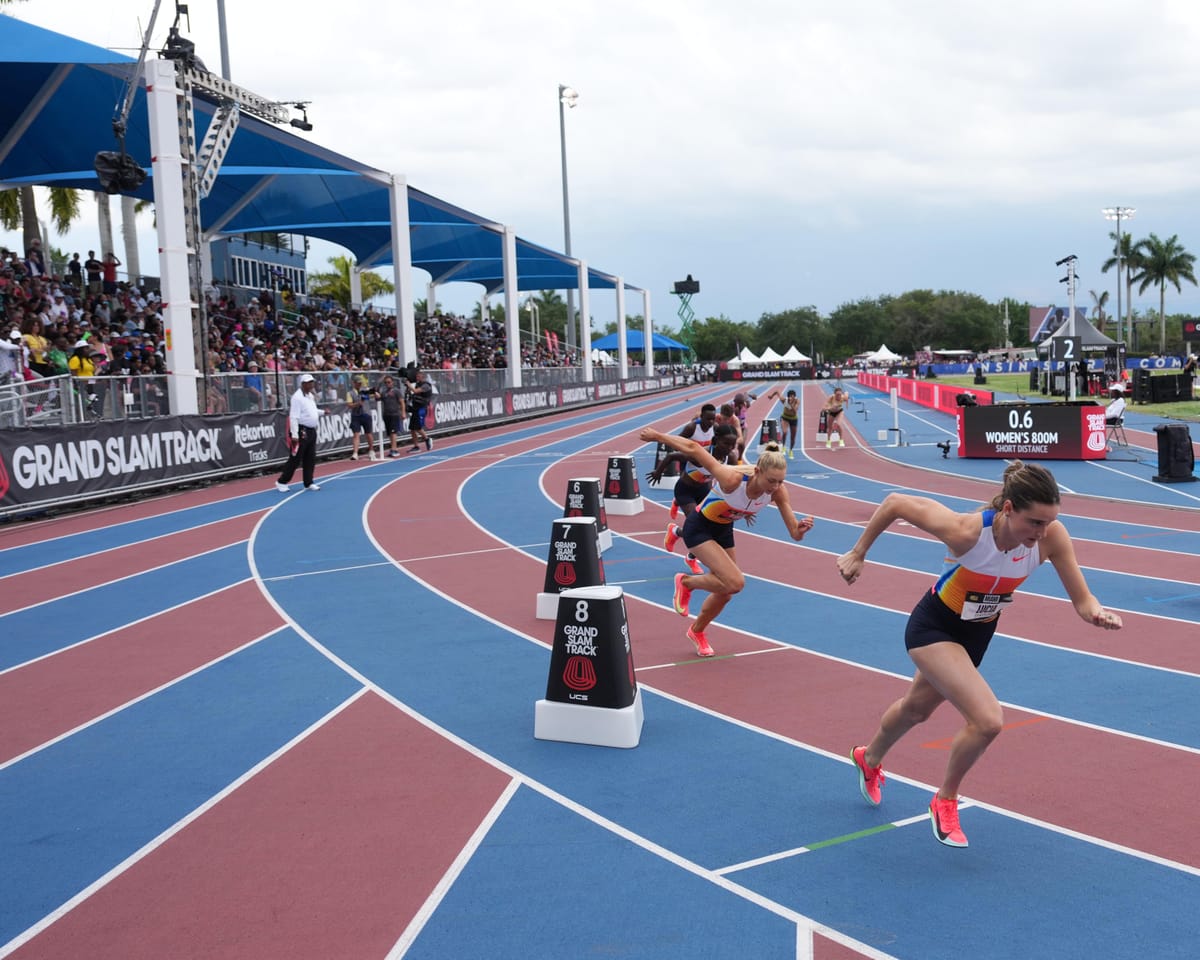Sebastian Coe has confirmed that World Athletics is closely tracking overdue payments to athletes from Michael Johnson’s Grand Slam Track series, stating: "There’s no use pretending this is an ideal scenario."
Last month, Johnson abruptly canceled the final Los Angeles event of his new four-meet series after low attendance at the first three competitions in Kingston, Miami, and Philadelphia.
The series initially announced a total prize fund of $12.6 million, but several athletes reportedly still await payment. While delays between competition and payment are not uncommon, concerns have grown due to the sudden end of the first season, with some owed substantial sums.
"It’s not good," said Coe, president of the global governing body. "World Athletics has always stood firmly behind athletes. So, yes, this is a difficult situation. It’s a new venture, but athletes must be paid."
He added: "For these initiatives to succeed, they must be grounded in practicality, not just ambition. We want events that enhance the sport, ones we can accommodate, and we urge organizers to commit the necessary effort and resources to make them viable."
Winners at each Grand Slam Track meet receive $100,000, along with significant appearance fees. British Olympic 400m medalist Matthew Hudson-Smith won the short sprint events in Kingston and Philadelphia, while Josh Kerr claimed victory in Miami’s short-distance category.
Though Grand Slam Track has not commented, agents were reportedly told that payments for the Kingston event would be completed by month’s end, with subsequent meet dues settled by late September. CuriosityNews has learned that some athletes received appearance fees from the first event.
When asked if World Athletics could intervene on behalf of athletes, Coe responded: "Let’s see how this develops."
Johnson’s project has been seen as a rival to World Athletics’ Diamond League, the premier season-long circuit since 2010. Speaking to CuriosityNews in April, Johnson dismissed concerns that the $30 million investment might deplete before reshaping the sport. "We’re committed long-term," he said. "Startups don’t turn a profit in year one. If anyone claims otherwise, be cautious. But we’ll keep growing."
Coe reiterated his support for privately funded events. "It was in everyone’s interest for this to succeed," he said. "We don’t oppose innovation."
Read next

"Flawless shot: The story behind the iconic US Open tennis photo"
Unique Tennis Photo Captures Unforgettable Moment at US Open
Among the countless photographers capturing the action at this year’s US Open, one image has risen above the rest at the New York tennis major.
A minor loss of balance by seventh-seeded Jasmine Paolini and a steady hand from photographer

"Ostapenko and Townsend clash post-US Open over 'no education' remark"
Taylor Townsend and Jelena Ostapenko engaged in a tense confrontation following their second-round match on Wednesday at the US Open.
After Townsend secured a 7-5, 6-1 victory, the two players met at the net for the customary handshake. Instead of parting ways, however, words were exchanged, with Ostapenko gesturing toward

Vingegaard reclaims Vuelta lead as protests stall Israel Premier-Tech
Vingegaard Retakes Lead After Dramatic Team Time Trial at Vuelta a España
Jonas Vingegaard reclaimed the red jersey following stage five of the Vuelta a España, which was marked by disruptions after pro-Palestinian demonstrators delayed Israel Premier-Tech during the team time trial.
UAE Team Emirates-XRG secured the stage victory, but

